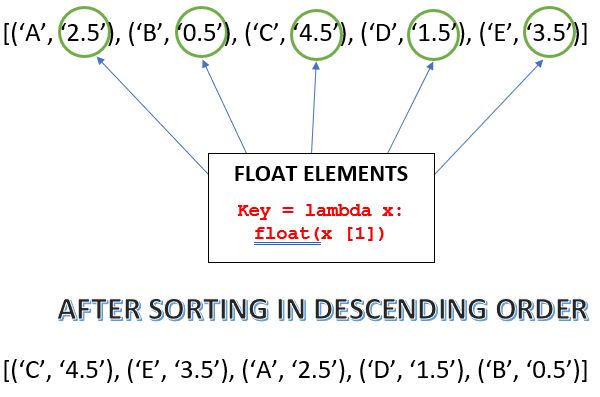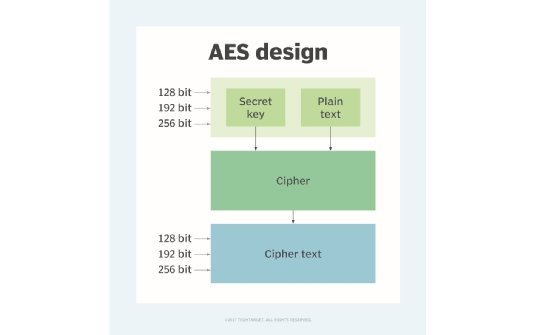Python's built-in crypto functionality is currently limited to hashing. Encryption requires a third-party module like pycrypto. For example, it provides the AES algorithm which is considered state of the art for symmetric encryption. The following code will encrypt a given message using a passphrase. Encryption Key Generator. The all-in-one ultimate online toolbox that generates all kind of keys! 64-bit 128-bit 256-bit 512-bit 1024-bit 2048-bit 4096-bit.
Question or problem about Python programming:
I’m trying to build two functions using PyCrypto that accept two parameters: the message and the key, and then encrypt/decrypt the message.
- How can i generate random key for aes encryption. From Python 3.6 onwards you should use the secrets module for cryptograhically strong random.
- Generating A Key. Keys that are used in AES must be 128, 192, or 256 bits in size (for AES-128, AES-192 or AES-256 respectively). In my post Python Encryption and Decryption with PyCryptodome, I describe how to. How to generate a random key with PyCryptodome; How to store and read the randomly generated key; How to generate a key from a password.
- AES- 128 has 128 bit key = 16 bytes. Should be sufficient for most uses. When you feed this random value to M2 (or whatever crypto library), it is transformed internally into a 'key schedule' actually used for encryption. M2Crypto is notorious for lack of good documentation.
I found several links on the web to help me out, but each one of them has flaws:
This one at codekoala uses os.urandom, which is discouraged by PyCrypto.
Moreover, the key I give to the function is not guaranteed to have the exact length expected. What can I do to make that happen ?
Also, there are several modes, which one is recommended? I don’t know what to use :/
Finally, what exactly is the IV? Can I provide a different IV for encrypting and decrypting, or will this return in a different result?
Edit: Removed the code part since it was not secure.
How to solve the problem:
Solution 1:
Here is my implementation and works for me with some fixes and enhances the alignment of the key and secret phrase with 32 bytes and iv to 16 bytes:
Solution 2:
You may need the following two functions: pad– to pad(when doing encryption) and unpad– to unpad (when doing decryption) when the length of input is not a multiple of BLOCK_SIZE.
So you’re asking the length of key? You can use the md5sum of the key rather than use it directly.
More, according to my little experience of using PyCrypto, the IV is used to mix up the output of a encryption when input is same, so the IV is chosen as a random string, and use it as part of the encryption output, and then use it to decrypt the message.
And here’s my implementation, hope it will be useful for you:
Solution 3:


Let me address your question about “modes.” AES256 is a kind of block cipher. It takes as input a 32-byte key and a 16-byte string, called the block and outputs a block. We use AES in a mode of operation in order to encrypt. The solutions above suggest using CBC, which is one example. Another is called CTR, and it’s somewhat easier to use:
This is often referred to as AES-CTR. I would advise caution in using AES-CBC with PyCrypto. The reason is that it requires you to specify the padding scheme, as exemplified by the other solutions given. In general, if you’re not very careful about the padding, there are attacks that completely break encryption!
Now, it’s important to note that the key must be a random, 32-byte string; a password does not suffice. Normally, the key is generated like so:
A key may be derived from a password, too:
Some solutions above suggest using SHA256 for deriving the key, but this is generally considered bad cryptographic practice.
Check out wikipedia for more on modes of operation.
Solution 4:
For someone who would like to use urlsafe_b64encode and urlsafe_b64decode, here are the version that’re working for me (after spending some time with the unicode issue)
Solution 5:
You can get a passphrase out of an arbitrary password by using a cryptographic hash function (NOT Python’s builtin hash) like SHA-1 or SHA-256. Python includes support for both in its standard library:
You can truncate a cryptographic hash value just by using [:16] or [:24] and it will retain its security up to the length you specify.
Hope this helps!
Generate 256 Bit Aes Key Python
Chilkat • HOME • Android™ • Classic ASP • C • C++ • C# • Mono C# • .NET Core C# • C# UWP/WinRT • DataFlex • Delphi ActiveX • Delphi DLL • Visual FoxPro • Java • Lianja • MFC • Objective-C • Perl • PHP ActiveX • PHP Extension • PowerBuilder • PowerShell • PureBasic • CkPython • Chilkat2-Python • Ruby • SQL Server • Swift 2 • Swift 3,4,5... • Tcl • Unicode C • Unicode C++ • Visual Basic 6.0 • VB.NET • VB.NET UWP/WinRT • VBScript • Xojo Plugin • Node.js • Excel • Go
| Discusses symmetric encryption key generation techniques for block encryption algorithms such as AES, Blowfish, and Twofish, or for other algorithms such as ChaCha20.
| |||||
Generate Aes 256 Key Python Online
© 2000-2021 Chilkat Software, Inc. All Rights Reserved.